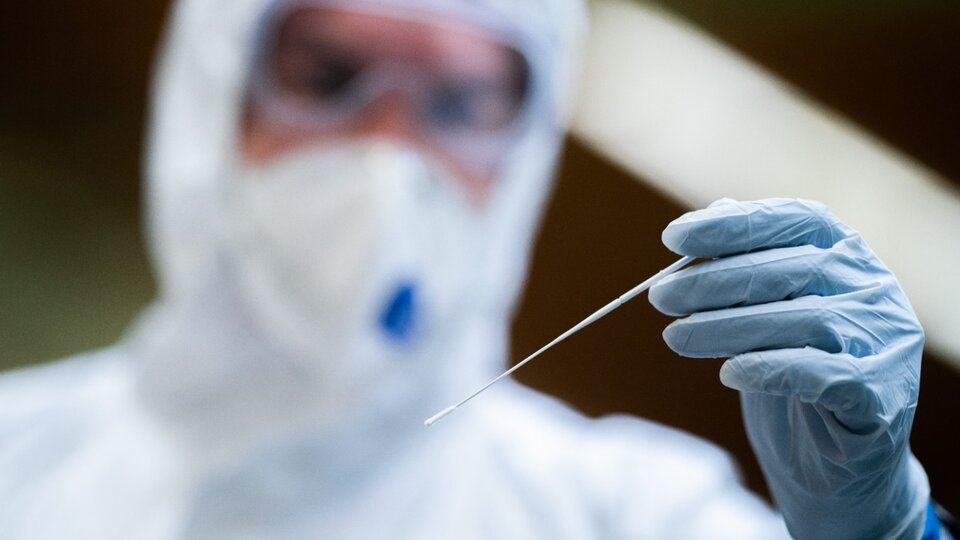
[ad_1]
Scientists from the University of Pennsylvania, United States, and biotechnology company Regeneron are studying whether a technology developed for gene therapy can be used to create a nasal spray that prevents infections with the new coronavirus.
The idea is to use a weakened virus as a vehicle for passing genetic instructions to cells inside the nose and throat to create antibodies capable of preventing the coronavirus from invading the human body.
Scientists are testing this technology on animals. According to the project leader, Professor of Medicine James Wilson, If the spray works, it could provide about six months of protection with a single dose.
Wilson is a pioneer in gene therapy, which involves inserting a genetic code into patients’ cells to correct defects and treat disease.
Your research team discovered that adeno-associated viruses, which infect animals and other primates but do not cause disease, can be modified to carry healthy DNA into cells.
This work led to the approval in 2019 of Zolgensma, the first treatment for spinal muscular atrophy, and adeno-associated viruses are currently being investigated for dozens of other possible applications.
The US government contacted Wilson in February to see if his team could use the technology against COVID-19.
But scientists at the University of Pennsylvania couldn’t move forward until Regeneron developed two promising synthetic antibodies against the coronavirus, which adhere to the protein surface of the pathogen and prevent it from invading cells.
Regeneron antibodies are in clinical trials, but have already received emergency approval for use in patients with mild or moderate COVID-19 with high risks of suffering from a severe variant of the disease.
Doctors who treated US President Donald Trump for COVID-19 administered these antibodies.
The researchers hope that the nasal spray manages to penetrate the nasal epithelial cells and change their production of proteins to make antibodies from Regeneron.
Habitually, immune cells are the only ones able to create antibodies, which makes this project a very innovative idea.
When the coronavirus enters the lungs through the nasal passage, the spray could prevent infection.
Adeno-associated viruses also have the advantage of creating only a mild immune response, therefore Its side effects may be less severe than those of more advanced vaccines, which train the immune system to recognize a key protein in the coronavirus.
The University of Pennsylvania and Regeneron hope to complete their animal testing in January, before seeking permission from the U.S. drug agency to begin human trials.
.
[ad_2]
Source link
 Naaju Breaking News, Live Updates, Latest Headlines, Viral News, Top Stories, Trending Topics, Videos
Naaju Breaking News, Live Updates, Latest Headlines, Viral News, Top Stories, Trending Topics, Videos